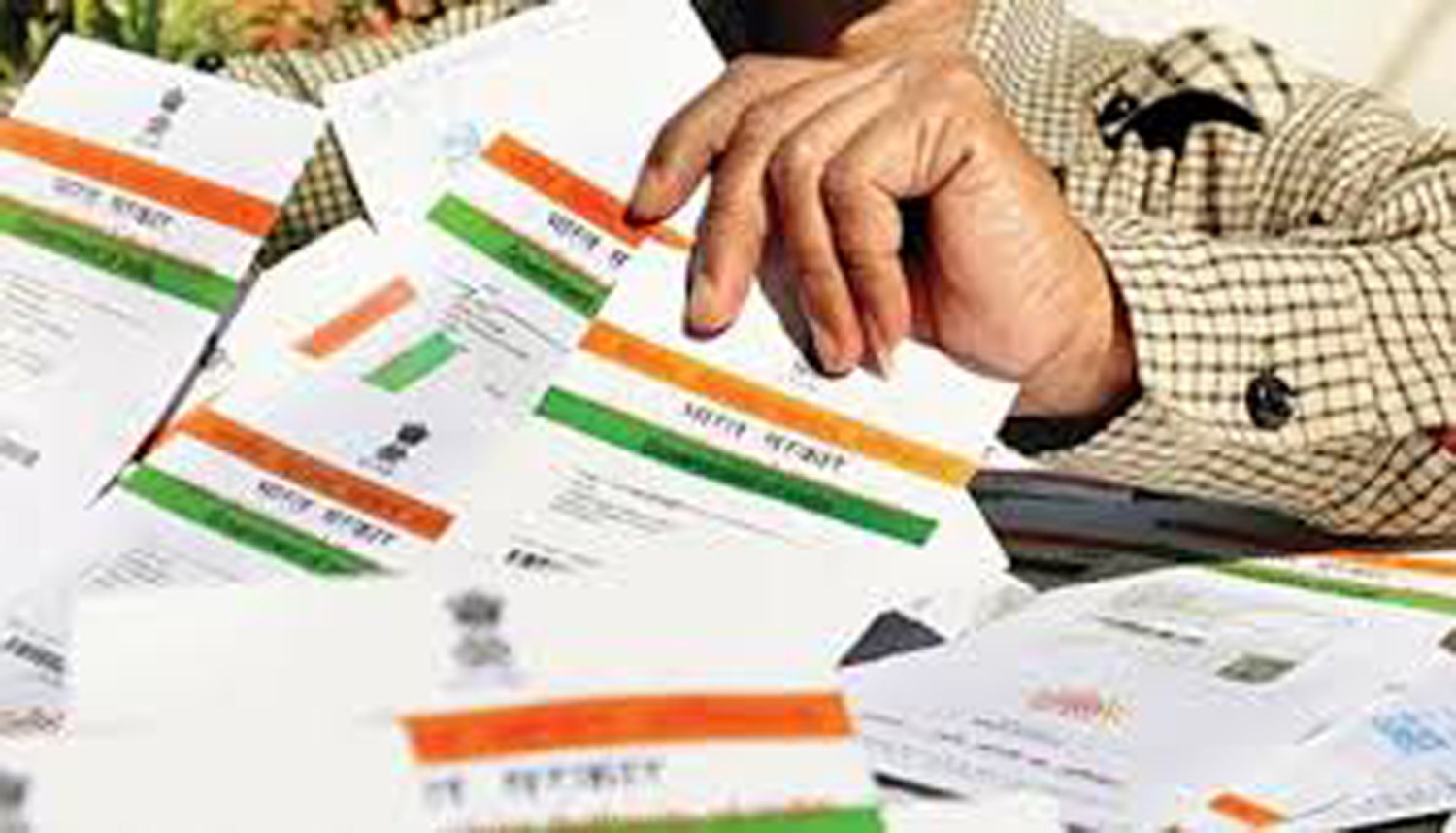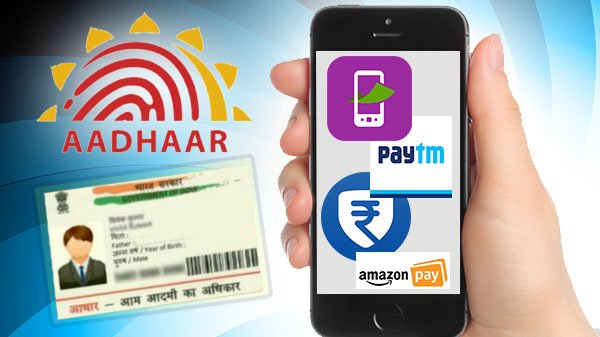The Reserve Bank of India (RBI) has mandated the know your customer (KYC) rule for all Prepaid Payment Instruments (PPI) or mobile wallet in March. Media reports have pointed out that they have been facing different issues from different quarters.

The recent blow has come from the Unique Identification Authority of India (UIDAI) that has restricted the access of payment companies to its database, citing concerns over their security systems, according to media reports.
What is the situation?
The UIDAI has categorised the mobile wallet company as local authentication user agency (AUA) and limited the access for full eKYC with Aadhaar number. It means that payment companies can only accept virtual Aadhaar numbers from consumers.
ALSO READ: Govt Departments To Display Bharat QR Code To Foster Digital Payments In India
An authentication user agency (AUA) is allowed to capture Aadhaar information from a person and submit them to the Central Identities Data Repository for validation.

The UIDAI fears that the payment company may not have the proper security systems needed to use or store Aadhaar numbers. It rather suggests to collect virtual IDs from consumers — to protect against misuse of their Aadhaar numbers — and use them for verification.
The government body, however, allows banks classified as global AUAs to do full eKYC with Aadhaar.
What is the impact?
The latest development has shocked the industry players. They are wondering how even cooperative banks and regional rural banks have been classified as global AUAs, implying that they have greater safety systems than technology companies.
They believe that the move will only make business more difficult, especially while gathering full details from the customer.

After the new rule, the PPIs will have to resort to older methods of KYC via pan cards or driving licenses or passports or voter id cards, which are costly means.
UIDAI toughens security
In the past few months, the UIDAI has increased the security measures and acting tough on it.
In March, fintech startups across the insurance, lending and broking sectors reported non-access of the e-KYC verification and authentication services.

The move was taken after the Supreme Court (SC) extended the deadline for linking Aadhaar with mobile phones and bank accounts for an indefinite period in the same month.
The SC’s decision had already created ripples which would affect the prepaid payment issuers (PPIs) or mobile wallet companies, which have to fulfill know-your-customer (KYC) details as mandated by the Reserve Bank of India (RBI).
Owing to the RBI regulations, the number of transactions through mobile wallets fell 13% to 268.79 million in March from 310.01 million in February, and the value of money settled through wallets dropped 23% to Rs 10,000 crore from Rs 13,100 crore.
ALSO READ: RBI’s KYC Norm Have Resulted In A Sharp Fall In Mobile Wallets









